January 20, 2019
The changing shape of the insurance workplace
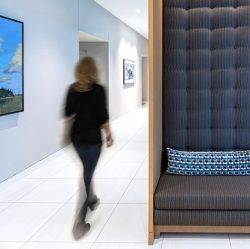 HOK’s WorkPlace group has released The New Insurance Workplace (registration required), a report which sets out to examine the forces reshaping the insurance industry and how workplace design can position these companies for success. The report’s concludes that insurance firms take pride in their conservative approach to risk management and traditional business models. They also have high-performance cultures that demand strong results. Yet changing regulations, emerging technologies and increasingly obsolete work processes have left many legacy players with underutilised, outdated office and retail space that hinders their ability to meet the fast-changing expectations of customers.
HOK’s WorkPlace group has released The New Insurance Workplace (registration required), a report which sets out to examine the forces reshaping the insurance industry and how workplace design can position these companies for success. The report’s concludes that insurance firms take pride in their conservative approach to risk management and traditional business models. They also have high-performance cultures that demand strong results. Yet changing regulations, emerging technologies and increasingly obsolete work processes have left many legacy players with underutilised, outdated office and retail space that hinders their ability to meet the fast-changing expectations of customers.





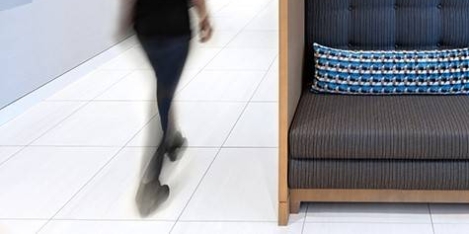














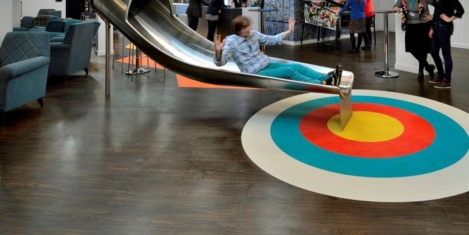
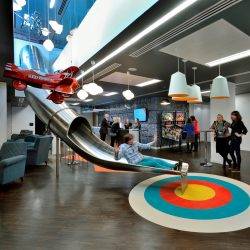
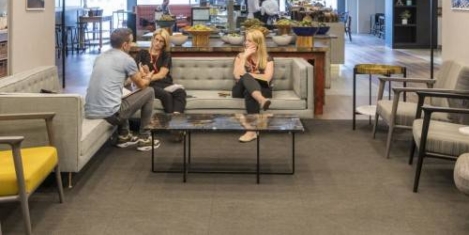
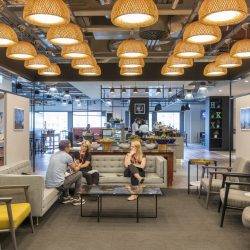










January 24, 2019
Australian designers are fundamentally reshaping workplaces around the world
by Bronte Turner • Comment, Workplace design
(more…)